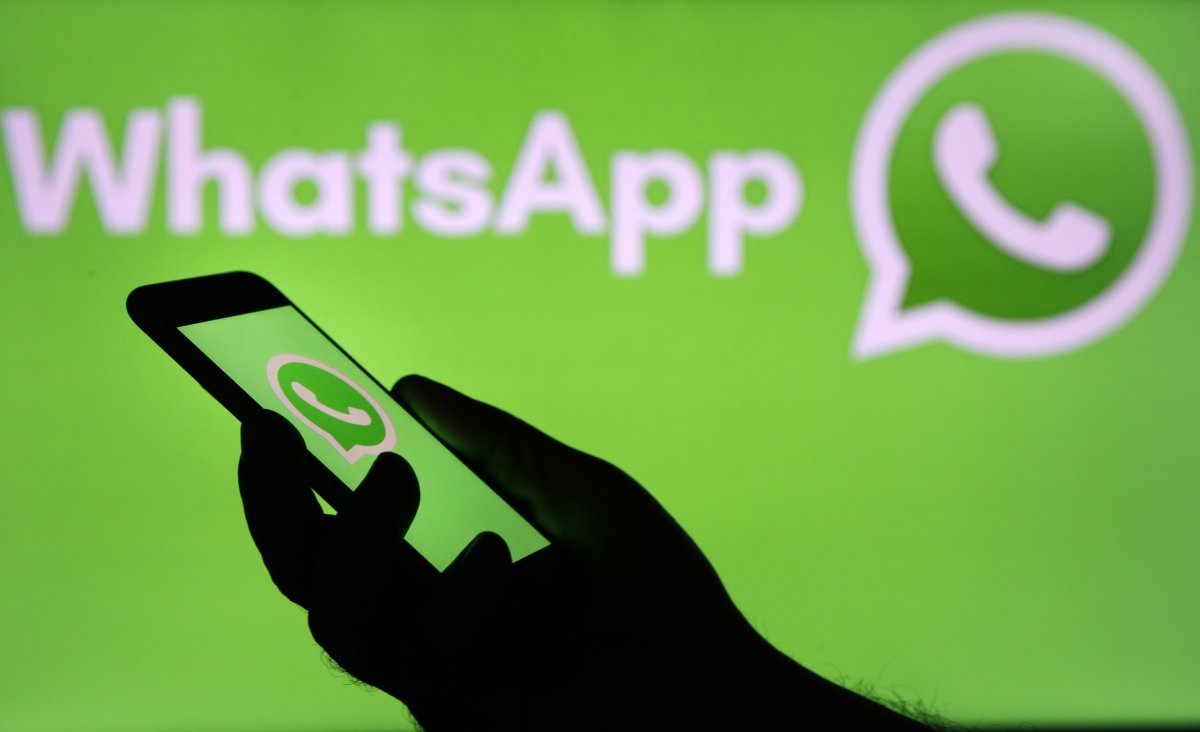Facebook-owned chat software WhatsApp has pledged to support strong encryption today while announcing that it now has more than two billion users.
In a blog post, the company said end-to-end encryption—which means messages sent via the service are only visible to the sender and receiver—has become a "necessity in modern life." It said it would not compromise security as that would "make people less safe."
The statement comes after U.S. law enforcement renewed calls for technology companies to provide access to encrypted chats and devices.
"Private conversations that once were only possible face-to-face can now take place across great distances through instant chats and video calling," the WhatsApp blog post said today.
"There are so many significant and special moments that take place over WhatsApp," the company continued. "We know that the more we connect, the more we have to protect. As we conduct more of our lives online, protecting our conversations is more important than ever."
All messages that are sent through WhatsApp are encrypted by default. This has helped to make the software one of the safer ways to communicate online.
WhatsApp CEO Will Cathcart told The Wall Street Journal the company would continue to help policing agencies by providing metadata but warned against "backdoor access."
It echoed the company's response to representatives from the U.S. and U.K governments, who last October appealed for greater to secure chats to protect the public.
As reported by Buzzfeed News at the time, U.S. attorney William Barr and U.K. Home Secretary Priti Patel appealed to Facebook chief Mark Zuckerberg to weaken its encryption.
But early last December, Cathcart and WhatsApp head of product Stan Chudnovsky responded in a letter: "The 'backdoor' access you are demanding for law enforcement would be a gift to criminals, hackers and repressive regimes, creating a way for them to enter our systems and leaving every person on our platforms more vulnerable to real-life harm.
"It is simply impossible to create such a backdoor for one purpose and not expect others to try and open it. People's private messages would be less secure and the real winners would be anyone seeking to take advantage...that is not something we are prepared to do."
Security services have long complained that strong encryption hampers law enforcement investigations. Apple and the FBI have clashed about opening devices that are locked, most recently during the probe into the Pensacola Naval Air Station shooter's iPhones.
WhatsApp still remains somewhat independent of its parent company after being acquired in 2014 for approximately $22 billion in cash and shares.
Plans to incorporate advertising into the chat application were recently scaled back, with a new strategy to make money revolving around offering more business features.
A potential advertising push on the platform previously led to clashes between Facebook's upper echelon and founders Jan Koum and Brian Acton, who have since departed the company.
Despite concerns encryption could be weakened, but following some high-profile black eyes, Zuckerberg said last March the social network would renew its focus on privacy.
The billionaire CEO wrote in a lengthy blog post at the time: "I believe working towards implementing end-to-end encryption for all private communications is the right thing to do."

Uncommon Knowledge
Newsweek is committed to challenging conventional wisdom and finding connections in the search for common ground.
Newsweek is committed to challenging conventional wisdom and finding connections in the search for common ground.
About the writer
Jason Murdock is a staff reporter for Newsweek.
Based in London, Murdock previously covered cybersecurity for the International Business Times UK ... Read more
To read how Newsweek uses AI as a newsroom tool, Click here.








